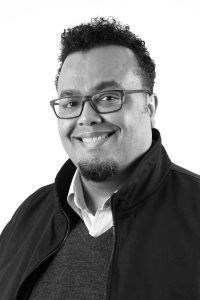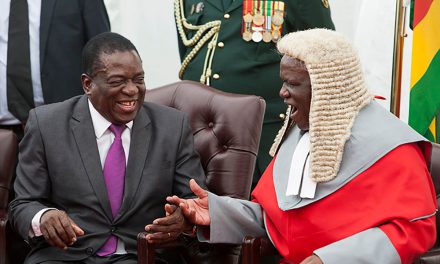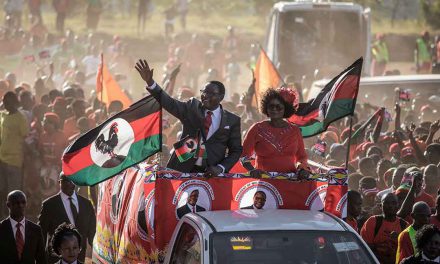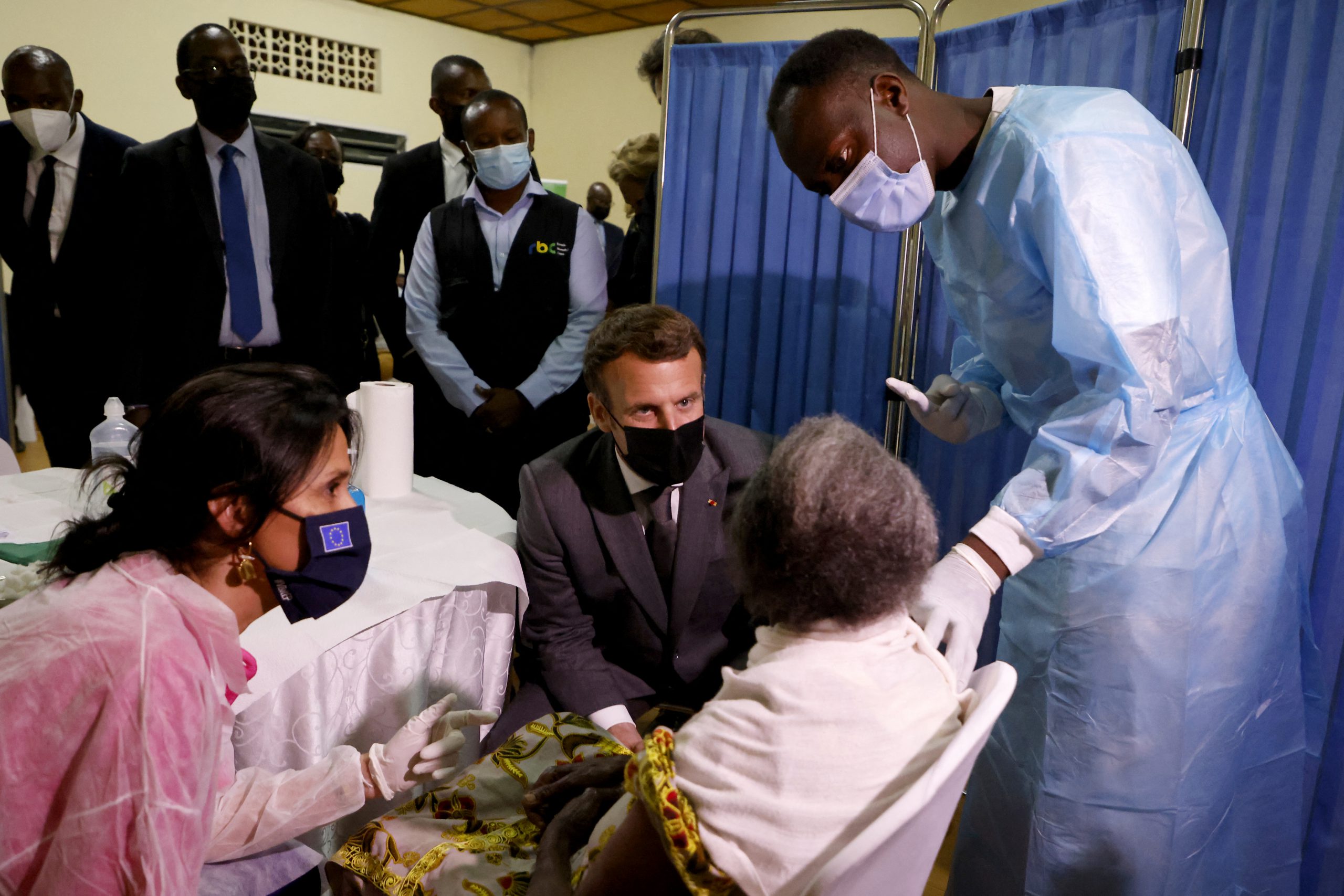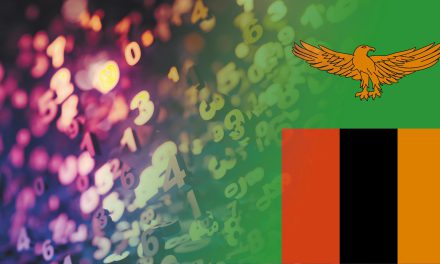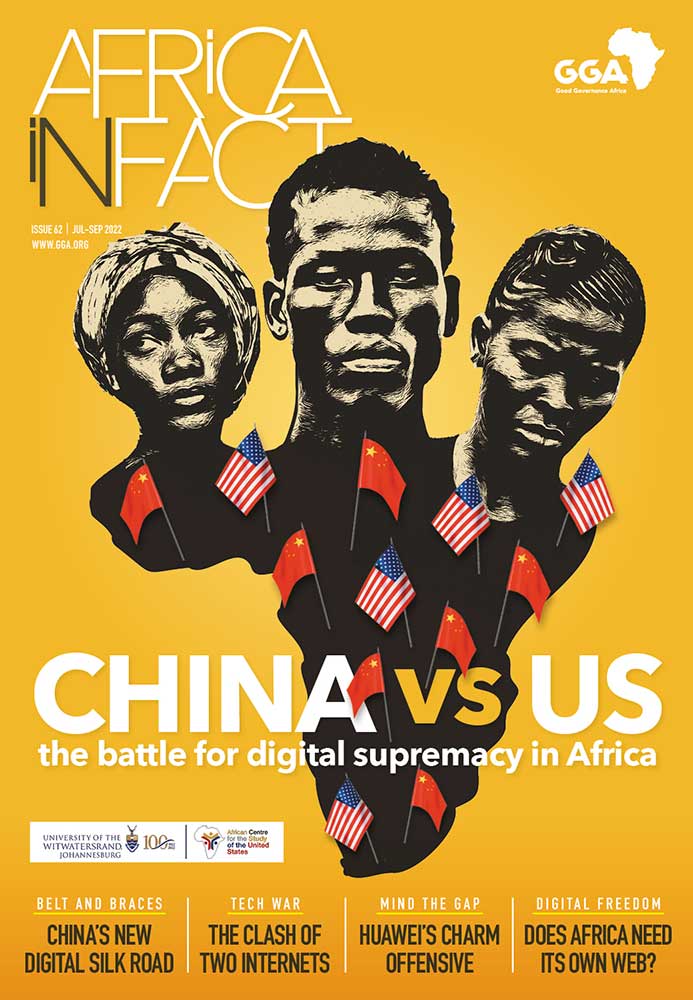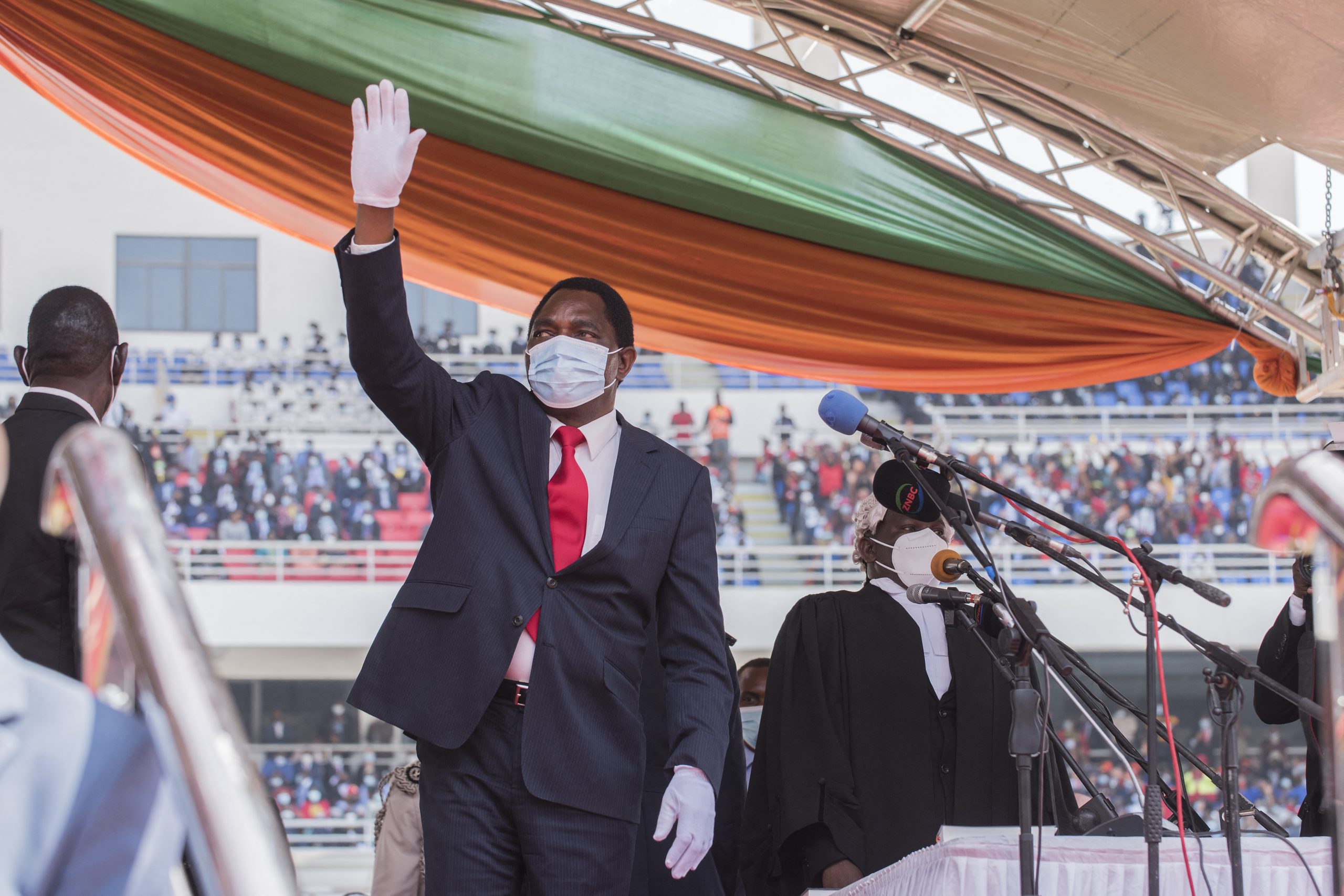
Newly elected Zambia President Hakainde Hichilema taking oath of office at the Heroes Stadium in Lusaka on August 24, 2021. Hichilema has promised to rebuild the ailing economy and alleviate poverty. Photo: Salim Dawood/AFP
To paraphrase OR Tambo’s seminal speech in 1977: Zambians, you might think it is very difficult to wage an election struggle. Wait until you are in power. At that stage you will realise that it is actually more difficult to keep the power than to wage an election war. People will be expecting a lot of services from you. You will have to satisfy the various demands of the masses of our people.
President-elect Hakainde Hichilema would do well to heed these sage words.
Zambia has set a precedent that may inspire many opposition leaders and parties across the Southern African Development Community (SADC) region. For the third time in Zambia’s history, power has changed hands through free, fair, and credible elections. This election result may act as a catalyst to embolden regional opposition party activists and democracy advocates to stay the course in their quest to further the consolidation of democracy and good governance in their own countries.
United Party for National Development (UPND) leader Hakainde Hichilema was elected Zambian president by a landslide after 15 tough years of trying. According to the Electoral Commission of Zambia over 83% of the country’s eligible voters, amounting to more than 7 million people, registered to vote in the elections at more than 12,000 polling stations.
After all the celebrations have subsided, the President and his administration will be expected to deal with a vast number of serious issues facing the nation. The real work is only just beginning. During Hichilema’s first speech as the President-Elect, he raised several challenges confronting Zambia. As a means of keeping his administration accountable, the following is a list of some of these governance hurdles he highlighted that we feel should be prioritised to take Zambia forward:
- Addressing mining issues
Describing his approach to mine ownership, Hichilema resorted to what he knows best: cattle. After all, he is the second largest cattle rancher in the country. To demonstrate his understanding and provide potential solutions to the mining issues he said: “If you don’t feed your cow, don’t expect milk the following day. The teats will be dry, and the children will have no milk. The owner should share his milk with the calf. For the calf to grow, it needs some of the milk also, so that it can grow to be a cow. And [you can use] the cow to produce more milk.”
Killing the cow – or the copper mine – means “you will have no copper to be able to take advantage of the good prices at the moment”. Answering to accusations that foreign companies milking the mines without giving anything in return, Hichilema added that these should employ Zambians and appoint locals to their boards. Mining was one of the central economic issues during the election campaigning period. About a week before the elections, outgoing President Edgar Lungu threatened to have Hichilema arrested for his role in the privatisation of the mines in the 1990s, although he hasn’t produced any evidence of a crime.
- Unify the country
Hichilema stressed the two most urgent issues to address post-inauguration will be to reunite the country and fix the economy. “We know the value of unity,” Hichilema said. The elections campaign had been divisive politically and based on tribal lines, and opposition campaigners – including himself – had been persecuted.
Hichilema said people in all 10 provinces would be serviced equally and warned his supporters against seeking retribution against the losers: “It does not matter how you look by colour. It won’t matter how you look by height, by your features, it won’t matter under this administration … Follow my example, I was demonised, I was arrested 15 times. We are not going into office to arrest those who arrested us, because then we’re no different from them.”
Hichilema also promised to restore democratic freedoms and said he would start by giving the media free space to operate. “There is cause for celebration: a new dawn, freedoms, the opportunity of education, for all, the opportunity for a job, an opportunity for business.” He also declared that he wants to see young people in business, “but that’s not connected to being violent”.
- Fix the economy
Hichilema said his government will focus on growth, investment, and opportunity, which will enable it to provide social security for those who are weak, orphaned or retired. To create a conducive environment for a functional economy, Hichilema said the cost of doing business should be low, and there should be predictability and consistency from government’s side. “What you see in the mining sector, changing policies every day, it will not happen under the UPND because mining is a long-term business,” he said.
- Deal with the debt
The debt includes:
- Approximately $3 billion to Eurobond holders.
- Almost $3 billion to various Chinese entities as of 2019.
- $2.9 billion to commercial lenders.
- $3.5 billion to bilateral lenders.
- Approximately $2.1 billion to multilateral lenders.
Impressive infrastructure was built, with some economists, such as academic and vice-president of the Economics Association of Zambia, Austin Mwange, saying it’s an achievement as it would yield future social and economic benefits. Hichilema, however, indicated that he would put a brake on loans and speak to debt stockholders before defaulting. “We will discuss the options that are viable. We will ensure there is equity in the treatment of your debt.”
Hichilema has also indicated that Zambia would immediately resume negotiations with the International Monetary Fund, after Lungu failed to convince the fund of the country’s reform and austerity measures. Zambia can access about $1.3 billion from the fund. Zambia’s Eurobonds and currency rallied in the days following Hichilema’s election, which indicates that the markets expect that he would manage the country’s finances better.
- Put money into people’s pockets
High inflation in Zambia means that the price of basic foodstuffs like cooking oil and sugar have increased by 50%, which means that income for those who do work does not stretch far. For example, fifty-seven-year-old pieceworker (informal worker), Moses Mwale earns 30 to 40 kwacha (R23 to R31) per day: “After we pay our landlord, that is 500 kwacha. Me, I have six children, I’m suffering, it’s difficult to pay household things and school fees.”
The UPND in its manifesto promised to create jobs, and said education will be free, and voters would expect to feel these changes fast.
- Lower high levels of crime and corruption
Ordinary Zambians have expressed their frustration over the high levels of government corruption but also the smaller criminal acts they encounter on the streets every day. Political party cadres in party colours extract illegal rents from bus stops and shop owners and have become a nuisance to many. “Even if you are attacked by some cadres and you go to the police, you never hear about the police arresting any of them. Even the police they are working for the political parties now,” said Marcus, 31, who has a small electronics goods shop in Lusaka.
Hichilema told supporters, to applause: “A few days from now there will be no bus stop where you fear to go.” He also said he would strengthen institutions that deal with crime and corruption. “We have a zero tolerance to corruption.”
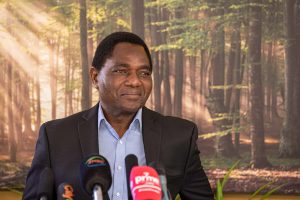
President Hakainde Hichilema. Photo: Patrick Meinhardt/AFP
- Appoint a capable cabinet
Hichilema would have to assemble a cabinet to help him execute these programmes while maintaining a measure of continuity. Mwange, for example, said officials in Lungu’s administration knew what the country’s debt entailed and would be well-placed to help move it to sustainable levels.
Hichilema said he would build his team from those who are “competent for the job at hand, nothing else.” He said he wouldn’t show preferences for certain population groups: “For you to rise to the civil service, to be permanent secretary, to be secretary to cabinet, your surname won’t matter.” He warned that political leaders who want to enrich themselves through government tenders would not be tolerated.
- Continue the Covid-19 vaccine rollout
It did not feature strongly in his speech, and street traders like Anna Kalilo, 32, said lockdowns haven’t affected their trade, but Covid-19 is still causing deaths in Zambia. Maskless election campaigns and celebrations could see numbers rise again after the last deadly wave peaked at the end of June.
Only 1.2% of Zambia’s more than 17 million people have been fully inoculated, and it’s something Hichilema will have to pay attention to for the country to return to full economic activity.
Way forward
Commentators have claimed that many of those who voted for Hichilema said they weren’t sure what kind of a president he would be, but their priority was to vote Lungu out. Hichilema has made many promises, but he now must “walk the talk” as he put it. The list presented above should act as a to-do-list to strengthen the new administration as it assumes their new role.
“Mark our words. Keep your pencil and your paper with you and keep marking our words in the months and the years to come.” As GGA, we will keep our pencil and paper close at hand, to keep Hichilema true to his words to foster good governance and consolidate democracy in the country.

